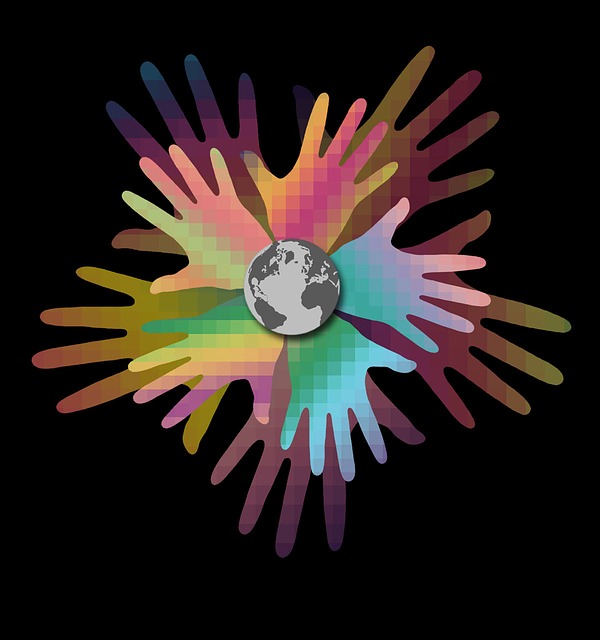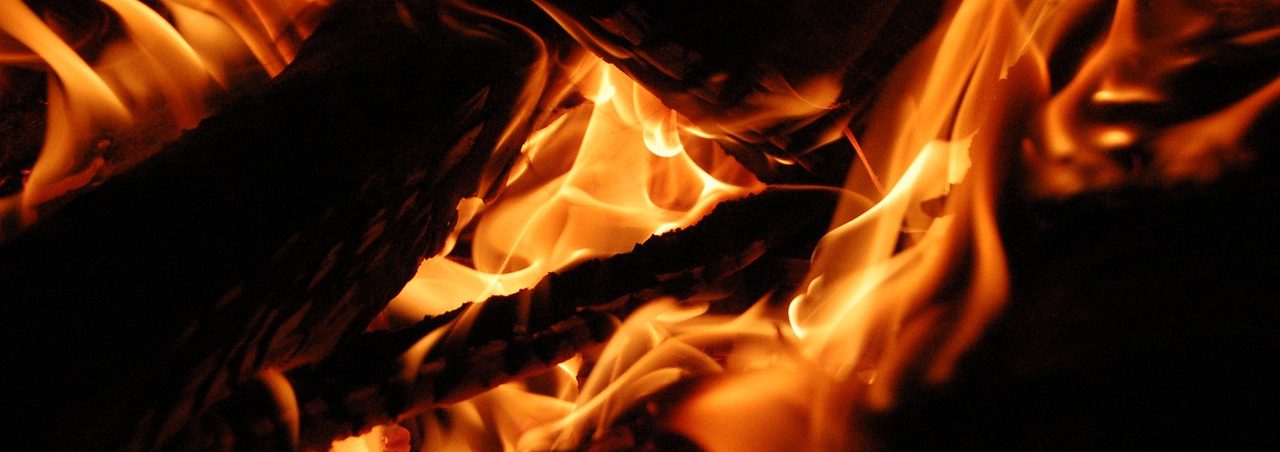
Universal Experiences
There are some experiences in life that are universal. We all, at one time or another, experience events at opposite ends of a spectrum: joy and grief, success and failure, love and hate.
But *how* we experience those things is NOT universal.
Grief is one that strikes me, time and again, as a universal experience that is NOT universally experienced.
For some, the stages of grief — denial, anger, bargaining, depression, acceptance — are ‘steps’; they go in order, one progresses to the next, and in the end (with ‘acceptance’) life goes back to ‘normal’.
For others, the stages of grief are not so much ‘steps’ as they are a faulty escalator ride: being angry is followed by being depressed; depression leads to denial; denial makes other people angry, which makes us try bargaining. And getting off this wonky ride is often a long time coming. (If it comes at all. ‘Acceptance’ is not necessarily going to happen for some folks.)
There is also the experience of grief as a cycle. Rather than progressing toward a ‘finish’ step by step, the steps perhaps are completed in a circular manner. And when ‘acceptance’ circles around again to ‘denial’ or ‘anger’, it’s often something new (or old — I know that I, for one, am sometimes still taken unawares by past grief) that we are cycling about.
Handling Grief
We have processes in place, culturally, that are designed (at least to some extent) to mitigate grief. Under normal conditions, when someone dies, there is a funeral. Or a memorial service. For the family, there is the execution of estate and divvying up of earthly possessions (or debts, as the case may be).
Not that those things are easy. (Especially not the ‘dividing between family’ bit of things. More often than not, I suspect, the process of going through “things” causes divisive rifts between family members.)
But they are things we do.
And having those things gives us something to do while we are trying to manage our emotions.
Throughout the ‘universal’ experience of the COVID-19 pandemic (endemic, really), however, those things have not always been in place. There are no good-byes at hospital bedsides, there are limited traditional funerals. The going-through of physical goods and emptying of deceased loved ones’ dwellings is (STILL) being postponed, or — worse — just not happening at all.
And the universal experience of grief — which is admittedly not ‘universal’ in terms of how we, as individuals, experience it — has been universally, fundamentally changed.
Don’t you think?
My A-to-Z Challenge this year is centered around the theme Twenty(-six) Questions.
The question I explore above (I certainly don’t have an answer to it) and invite you to answer yourselves below, is:
What are the ‘universal’ experiences of grief?


When grief grips me i also at times go on wonky ride and reach acceptance quite late or may be don’t reach at all..i understand what u r saying . Anyway i Just wish we all try and respond to grief in whatever way we can…but it should help us ultimately
Dropping by from a to z “The Pensive”
Acceptance is tough.
In my experience at least, ‘grief’ here in America is essentially big business, whether directly (as in the funeral business) or more indirectly (with how religions use grief to remind people of their dependence on them). Rosa and I feel so strongly about this that we have written our wishes so that bodies will be donated, no church service will be performed , and the processing of grief will be limited to whatever secular memorial gathering our survivors desire.
My personal negative experiences with everything you mentioned could fill a book.
I well believe it.
I think it’s good that you and Rosa have written things down. Some of the fallout I’ve witnessed in families is because things were not written down, and it becomes an argument about “what mom would’ve wanted” and so forth.
Such a struggle.
Grief is not universal.
Yup!
I have had more grief and long lasting cyclic grief at the loss of a marriage than I think I have with death.
Death is a passage of energy. A change in state. Or so the scientist within days.
The philosopher/writer though every beginning is another beginnings end.
I grieved for my Dad for a bit but that was a long awaited release. I grieved for my Mom who is still living when she no longer recognized me 3 years ago.
I am still grieving the loss of my second wife 4 years ago but we share a house and family. A lot harder state to change. Death is easy. Grief is hard.
The “change cycle” would make more sense sometimes than “grief cycle” — or perhaps, the “managing loss” cycle would be more accurate.
Agreed that grief is not universally experienced. Unfortunately we each have a tendency to assume the “other” experiences it the same way which I suppose is inevitable – walking in another’s shoes is a hard task. It can also happen separately from death: loss of a job, a life-threatening illness, the progressive deterioration or dementia of a parent, loss of hope in future possibilities. Complex and challenging.
Yes, it’s definitely one of those things where “I know what you’re going through” dies not apply.
I know people who are unable to cope with grief and become someone else’s grief themselves.